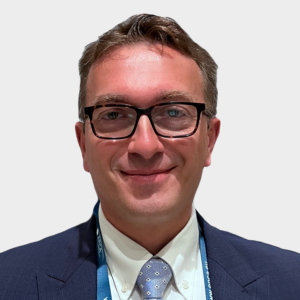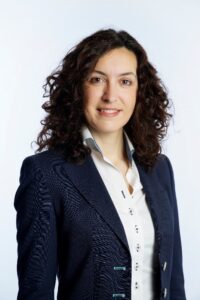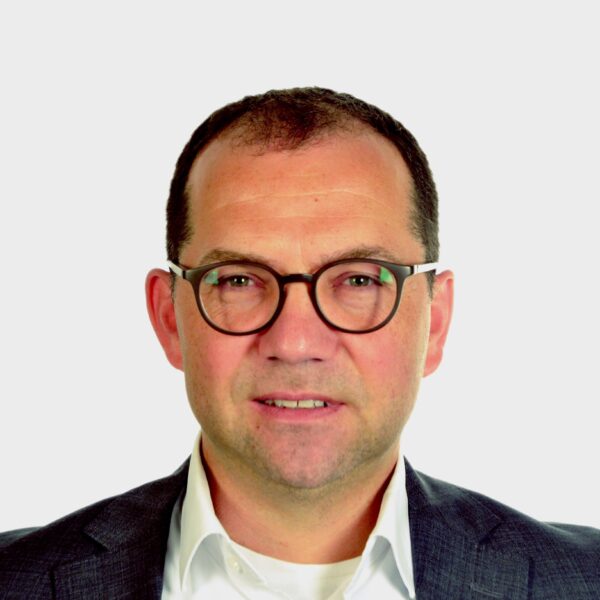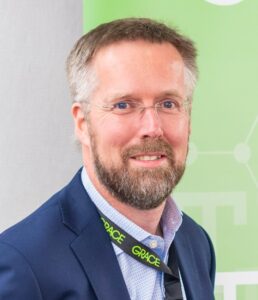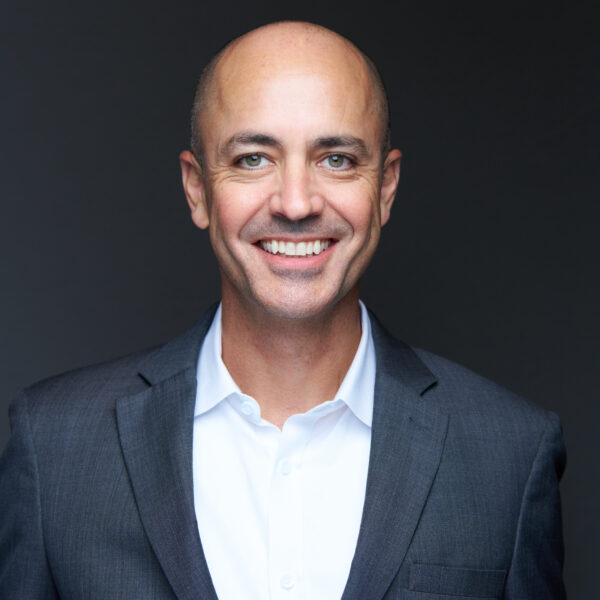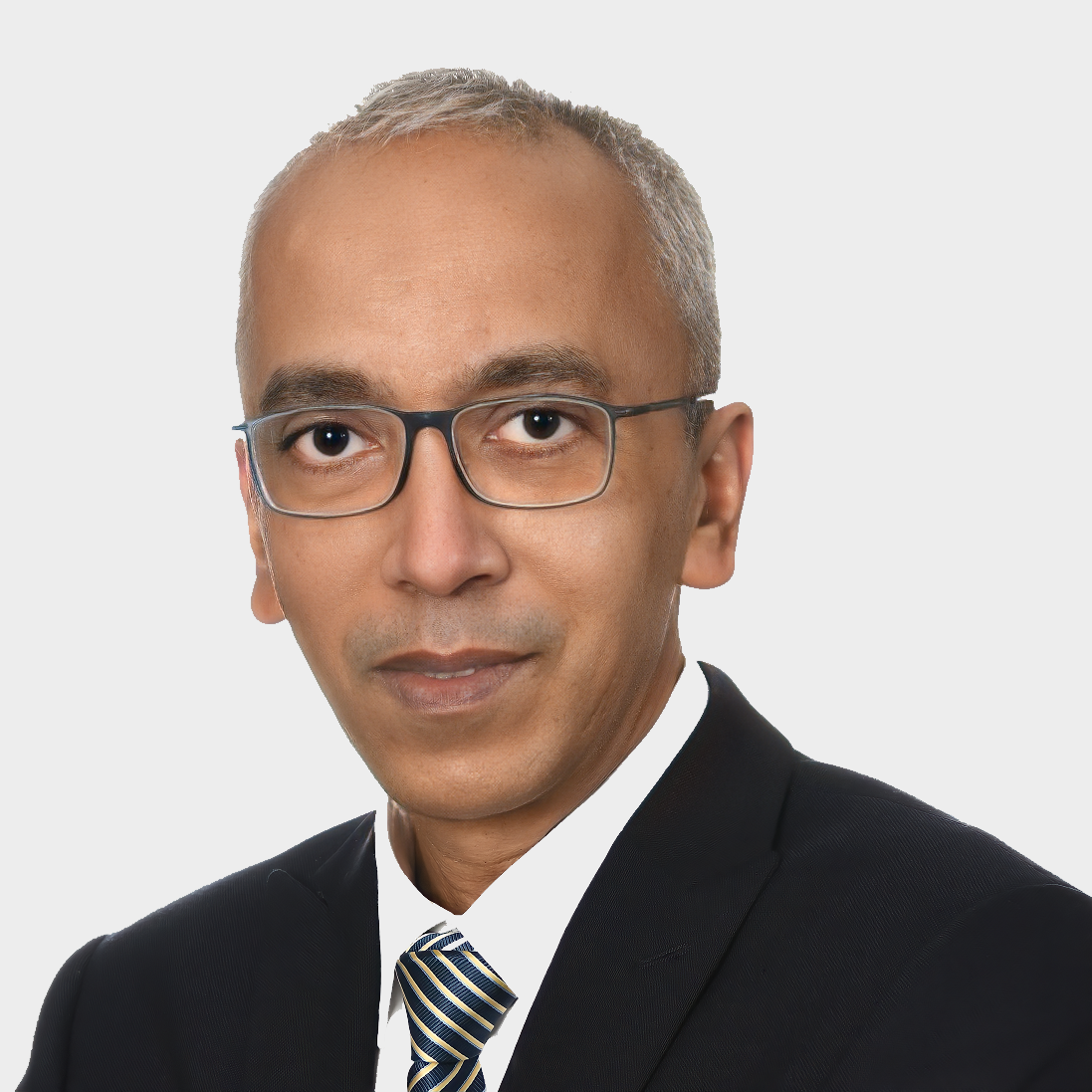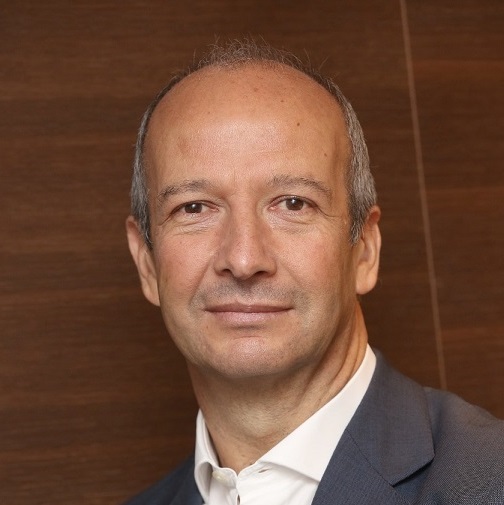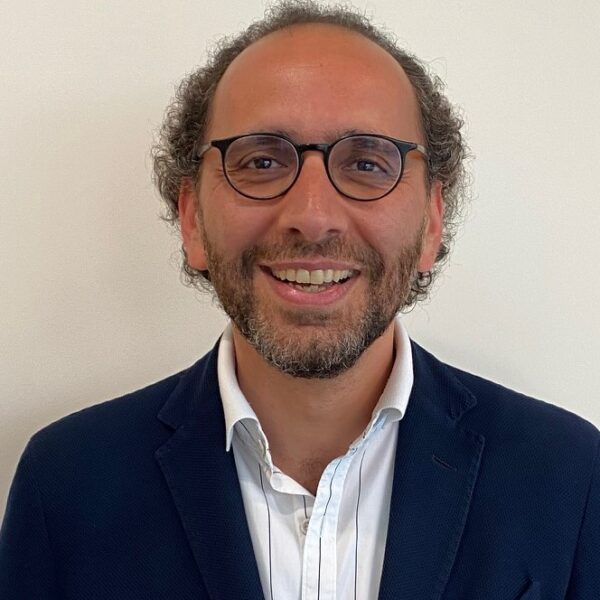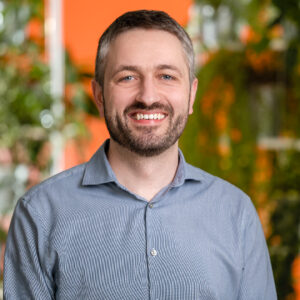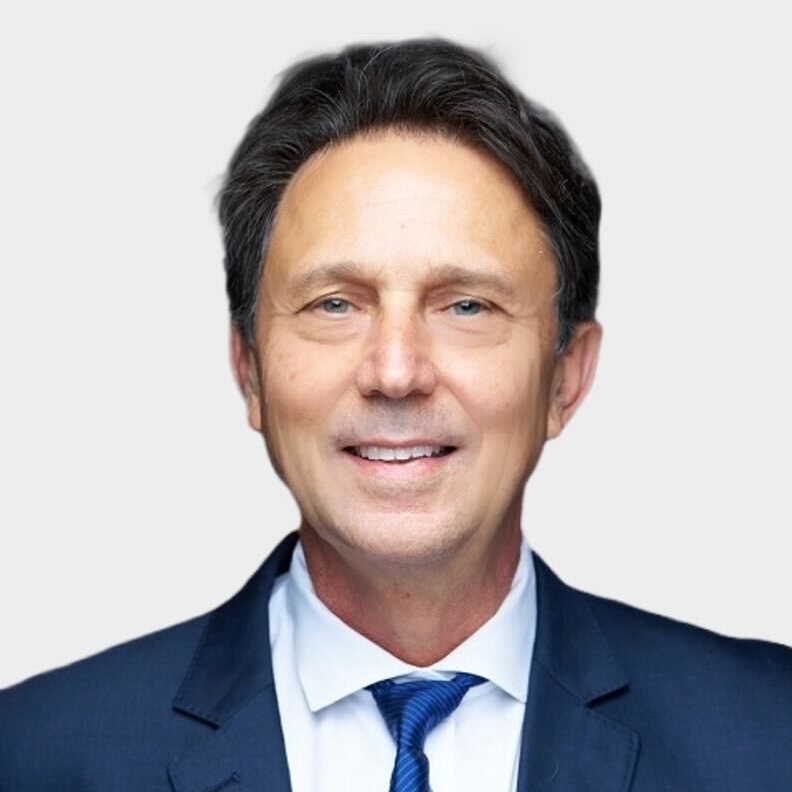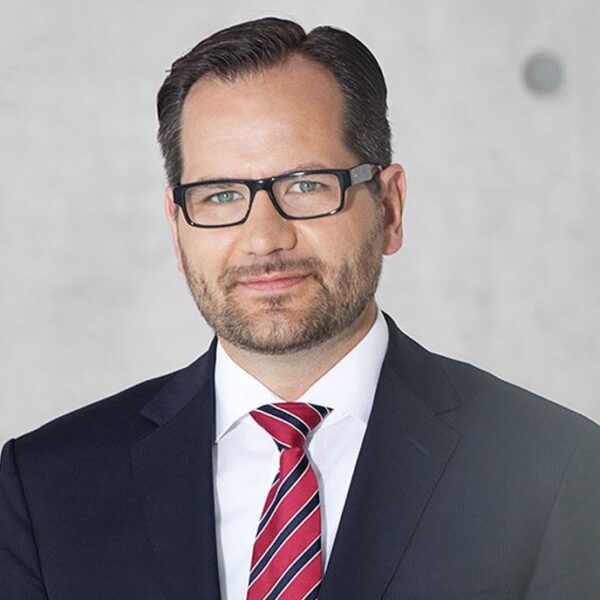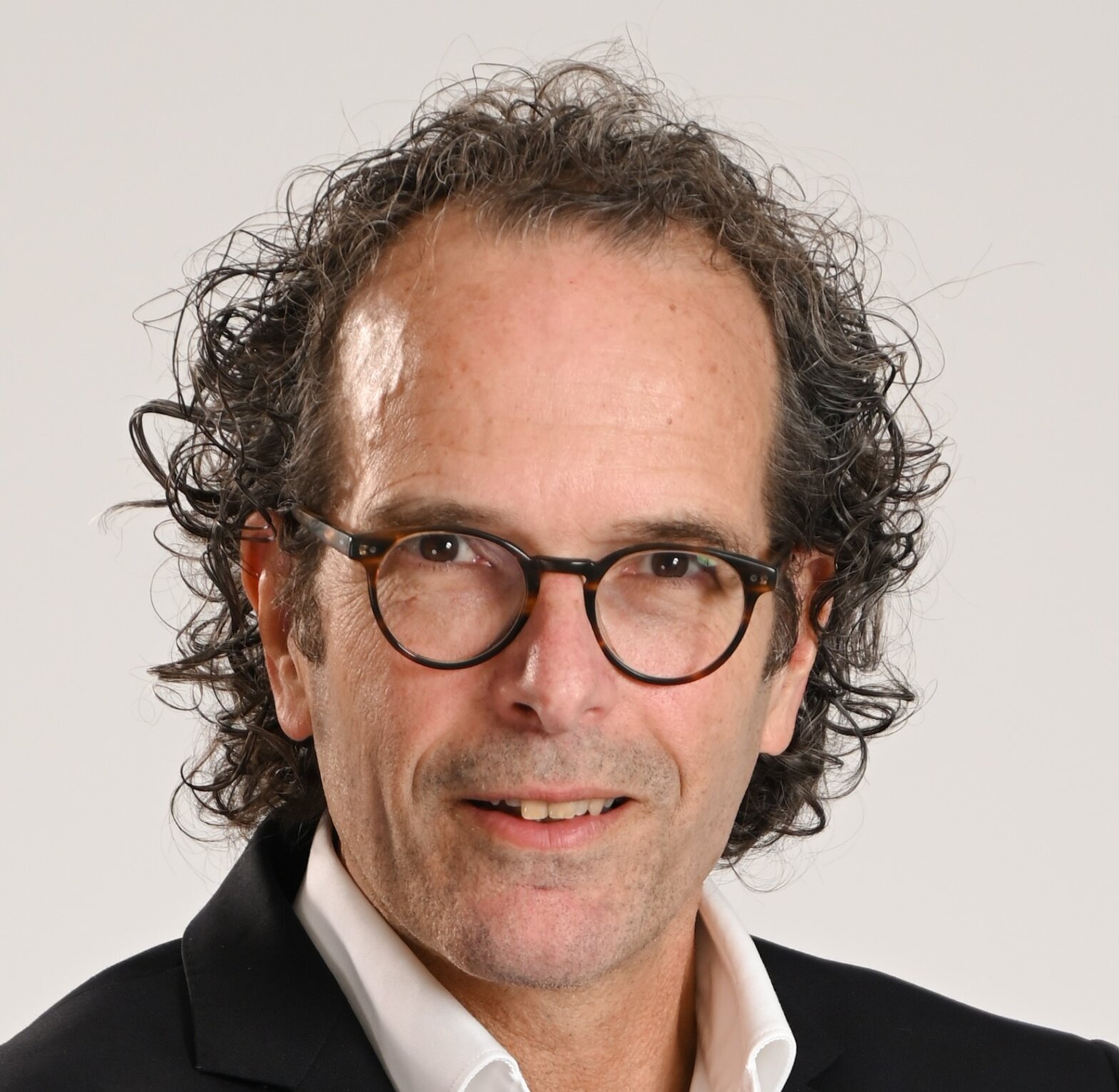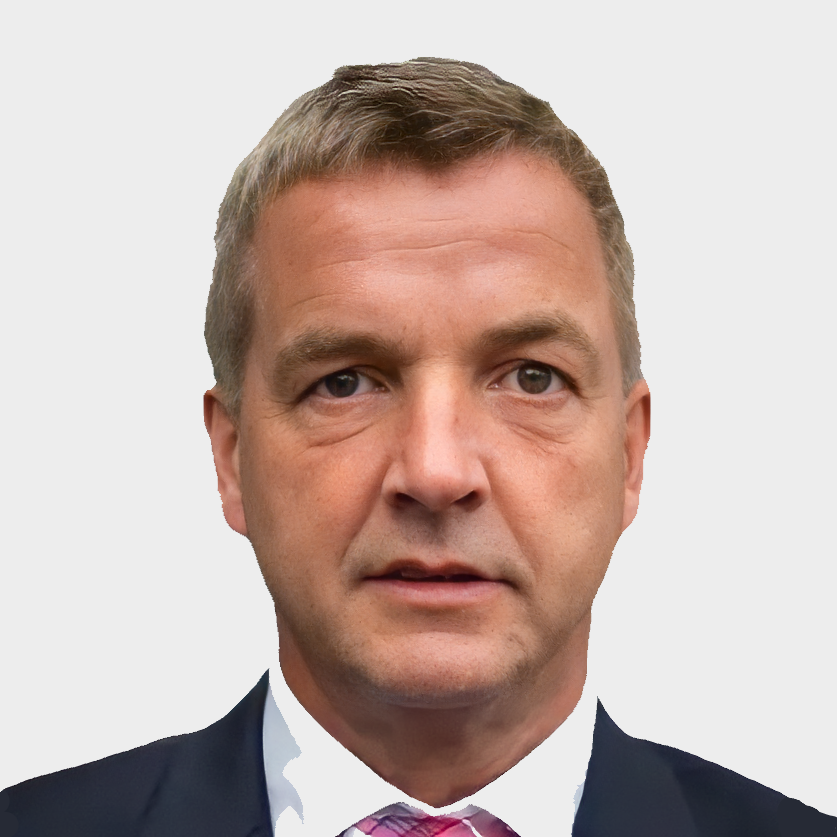Session Details
Session 3: Market Trends & Disruptions
The PE and PP markets are critical to the global economy and have demonstrated remarkable resilience during COVID-19. As with many sectors today, the packaging markets are undergoing substantial changes. Supply chain woes persist, and eco-friendliness is becoming increasingly important, leading to rising demand for sustainable packaging. Reducing consumption by finding more resource-efficient ways, the packaging industry must watch emerging trends to stay competitive and innovative along with new needs. This session will focus on current and future market trends in packaging and managing risk in disruptive times due to new regulations, supply chains, and other global issues.
As both a convertor and recycler Berry has a unique position in Europe which fuels our overall sustainability and ESG strategy to meet Net Zero. This presentation will discuss how Berry addresses the various challenges in the industry such as recyclability, recycled content/recycling uptake, and plastics reduction. Regarding rigid packaging, the various initiatives to drive recyclability improvements such as; color alternatives, replacing metal handles with plastic, etc will be explored while introducing Clearstream® the latest de-contamination technology in mechanical recycling to allow PP to be upcycled towards contact-sensitive applications.
Unlike rigid plastic packaging, the use of post-consumer recycled (PCR) plastic is not yet well established in flexible packaging applications. This is going to change in the next 5 years with the introduction of the Packaging and Packaging Waste Regulation (PPWR) in Europe, and the associated requirements for PCR incorporation set forth in it for both contact-sensitive and non-contact sensitive packaging. In this presentation, Mondi will discuss the challenges and opportunities that arise from the PPWR provisions, with a particular focus on recycled content from advanced recycling.
The EU Green Deal caused a cultural and strategic shift that set decarbonization, and resource conservation goals as part of the energy transition. Regulators and policymakers act as enablers by formulating various rules, taxes, and processes, including plastic tax, recycling targets, ecodesign for packaging, etc. The marketplace will evolve and buyers will face enormous sourcing challenges in a fragmented market lacking transparency, maturity, and depth. Tricon has a ready solution that will give customers peace of mind and help them seamlessly transition into the new environment.
Session 4: Process & Technology
As we progress to a circular economy, new technology is set to transform the plastics industry. There is a preponderance of technology providers emerging and working to provide technology alternatives that will create more sustainable products with reduced carbon emissions and outstanding material properties. This session will explore the latest in polymer-linked processes and technology in addition to chemical recycling technologies that will set the pace for a circular plastics ecosystem.
Grace will delve into how technology enhances growth and advanced recycling amid capacity additions. In 2023, our UNIPOL® PP technology added nearly 2.5 MTA of licensed polypropylene capacity and started up nearly 2.4 MTA of capacity, so we understand how our technology advancements enable growth. Separately, with new capacity coming online, we’re developing advanced recycling technology that helps turn waste PP into virgin monomer without going via the cracker. Brian Kimberley, VP Licensing & Services at Grace, will speak on the versatile technology and innovative solutions that allow Grace to design excellence and deliver success.
Lummus Technology proudly offers a diverse portfolio of technologies for polymer production
derived from bio feedstocks, including VerdeneTM PP, HDPE, and SAP. Building upon established
methods used in conventional fossil feedstocks, such as ExceneTM HDPE, Novolen® PP, and
SapleneTM Superabsorbents (SAP), our innovations strive to continually advance process
development, catalysts, and product offerings like Novolen EnhanceTM and PPureTM.
We are committed to supporting the dynamic needs of our rapidly evolving industry by guiding both new and existing licensees. Our aim is not only to deliver cutting-edge polymers to the market but also to ensure that their technology remains at the forefront, empowered by our solutions to
navigate the digital transformation of our sector.
At Lummus Technology, our motto is to “never leave the customer” because we believe in
comprehensive customer support throughout a plant’s lifecycle, ensuring that no customer is left to navigate the complexities alone.
Post consumer or industrial recycled polypropylene with low Melt Flow Index is rare and expensive. Low Melt Flow Index PP is usually needed for applications such as thermoforming, film blowing/casting, foaming, extrusion, relevant for many industry looking into including recycled content such as the packaging, the automotive and the piping industry. The newly developed Perkadox PM product can rebuild the molecular weight of degraded polypropylene and therefore decrease the Melt Flow Index fulfilling the market need of low MFI recycled PP. At the same time the elasticity and the mechanical resistance are improved, allowing higher recycled content in final products.
Session 5: Challenges & Opportunities for Plastics Sustainability
As Europe and other regions prioritize building renewable energy resources, finding ways to improve energy efficiency, and significantly cut greenhouse gas emissions, sustainability is presenting the plastics business with a new reality. While offering a new pathway for growth sustainability is also presenting many challenges, competitive headwinds, and business dynamics. This session will explore growth prospects, scenarios, the right strategies to win, and potential risks that may impede growth.
The polymer industry faces more challenges than ever and needs breakthrough technologies which also can be realized in existing capacity, enabling fast implementation. Norner Advance® M addresses important challenges with metallocene catalysts in PE slurry technologies and offers dramatic catalyst cost reduction combined with value added products and reduced environmental impact. Post metallocene heterogeneous catalysts enable high Mw PE in slurry technologies. Such catalysts come however at a high cost which has slowed down market penetration, leaving the high Mw, medium- to high density products to the ZN and Cr catalyst platforms. Norner Advance® M combines the advantages of slurry- and solution technologies, making use of homogeneous (unsupported) metallocene catalysts possible in slurry processes. Norner Advance® M controls fouling, produces similar bulk densities as supported catalysts, provides higher Mw and higher activity than supported catalysts, by using any metallocene complex. Norner has demonstrated the Norner Advance® M PE Technology in continuous bimodal slurry process and is now looking to commercialize with the right partners.
In this session we will discuss the transition to plastics circularity for polyolefins in Europe compared to the global current trends.
Session 6: Recycling & Waste Management
A narrow perspective of plastic waste is making way for a broader view of it as a secondary resource of raw material that allows displacement of fossil fuel and helps control carbon footprint. The resource view of plastic waste is drawing capital investment and attracting innovation resources as countries and organizations race to gain leadership in technology and know-how. During this session, learn how organizations can reposition their business model to align with growth opportunities in raw material, intermediate feedstock, and process framework.
This presentation will explore the benefits of plastics recycling and showcase a business approach to develop opportunities for growth and sustainability. It will explore the benefits on resource preservation, climate and ecosystems. It aims to inspire professionals to adopt sustainable waste management practices and to contribute to a circular economy.
This presentation will provide a brief introduction of MOL Group and its sustainability goals and MOL GROUP’s vision to build up the integrated circular chemicals value chain in the CEE region. It will then explore circularity achievements and the way forward while discussing challenges and lessons learned as MOL GROUP moves along the path of circularity.
Mino Angelilli
Commercial Director, Circular Plastics Chemical Market Analytics by OPIS
Read BioDorothée Arns
Director General European Association of Chemical Distributors (Fecc)
Read BioElisa Conte
Marketing and Business Development Manager, Recycling and Polymer Modification Segment Nouryon
Read BioAlbrecht Dix
R&D Project Platform Manager and Business Developer Norner AS
Read BioBrian Kimberley
Vice President, Marketing, and Licensing & Services W.R. Grace & Co.
Read BioMichael Lacey
Product Manager, Sustainable Products Tricon Energy
Read BioKaushik Mitra
Executive Director, Europe Plastics & Polymers Chemical Market Analytics by OPIS
Read BioCarlos Monreal
Chairman Chemical Recycling Europe (CRE)
Read BioTony Nawar
Vice President Sustainability, Innovation & Strategy Berry Global, Inc.
Read BioFabio Peyer
Head of Sustainability Mondi Flexible Packaging
Read BioPavon Sarode
Business Development Manager Lummus
Read BioKrisztina Szukup
Product and Asset Portfolio Manager MOL Group
Read BioNick Vafiadis
Vice President, Global Plastics & Polymers Team Lead Chemical Market Analytics by OPIS
Read BioTimo Vehrs
Head of Circular Economy Business Development Team OMV AG
Read BioMark Vester
CEO GreenDot (DerGrünePunkt)
Read BioMartin Wiesweg
VP, Polymers team in Europe, the Middle East, and Africa Chemical Market Analytics by OPIS
Read Bio

